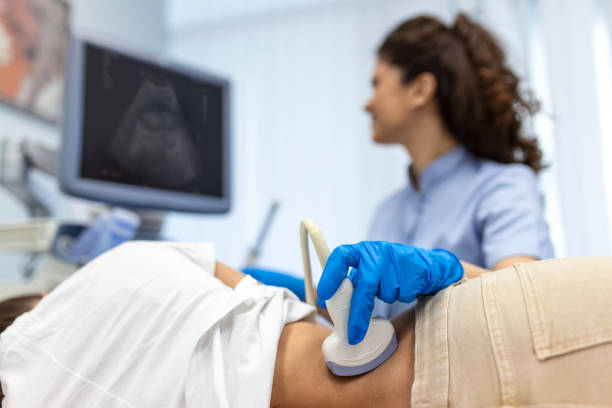Liver damage, also known as liver disease, is a broad term that encompasses a range of conditions that can negatively affect the normal functioning of the liver. The liver is a vital organ that performs several important functions in the body, including detoxification of harmful substances, production of bile, and regulation of metabolism. When liver damage occurs, it can lead to a range of symptoms and potentially serious health problems if left untreated.
Symptoms of liver damage
The symptoms of liver damage can vary depending on the underlying cause and the severity of the damage. Some of the most common symptoms include:
Fatigue and weakness: The liver is responsible for producing energy, so liver damage can lead to a general feeling of fatigue and weakness.
Nausea and vomiting: Nausea and vomiting can be a sign of liver damage, especially if they are accompanied by abdominal pain.
Yellowing of the skin and eyes (jaundice): Jaundice is a common symptom of liver damage, caused by the buildup of bilirubin, a yellow pigment, in the blood.
Dark urine and light-colored stools: Liver damage can also cause changes in the color of urine and stools, making them darker and lighter, respectively.
Abdominal pain and swelling: Pain and swelling in the abdomen can be a sign of liver damage, particularly if they are accompanied by a feeling of fullness or bloating.
Bruising and bleeding easily: Liver damage can affect the production of blood-clotting factors, making it more difficult for the body to stop bleeding and bruising easily.
Itching: Some people with liver damage experience itching, particularly on the arms, legs, and back.
Confusion and disorientation: In severe cases of liver damage, confusion and disorientation can occur.
Treatment for liver damage
The treatment for liver damage will depend on the underlying cause of the damage and the severity of the symptoms. Some of the most common treatments include:
Medications: In some cases, liver damage can be treated with medications to manage symptoms and prevent further damage. For example, antiviral drugs may be prescribed for viral hepatitis, while corticosteroids may be used to reduce inflammation in autoimmune liver diseases.
Surgery: In some cases, surgery may be required to remove a portion of the liver or to correct a structural problem.
Liver transplant: In severe cases of liver damage, a liver transplant may be necessary to replace the damaged liver with a healthy one.
Lifestyle changes: Making changes to your lifestyle can help to manage liver damage and reduce the risk of further damage. For example, reducing alcohol consumption, maintaining a healthy weight, and avoiding exposure to toxic substances can all help to protect the liver.
Dietary changes: Eating a healthy, balanced diet can also help to support liver health. This may involve reducing the amount of fat and sugar in your diet and increasing your consumption of fruits and vegetables.
In conclusion, liver damage can have a range of symptoms, from fatigue and weakness to yellowing of the skin and eyes. The best way to prevent liver damage is to maintain a healthy lifestyle, including eating a balanced diet, avoiding toxic substances, and limiting alcohol consumption. If you are experiencing symptoms of liver damage, it is important to seek medical attention as soon as possible to prevent further damage and to receive an accurate diagnosis and appropriate treatment.

 Home
Home Health
Health Diet & Nutrition
Diet & Nutrition Living Well
Living Well More
More












